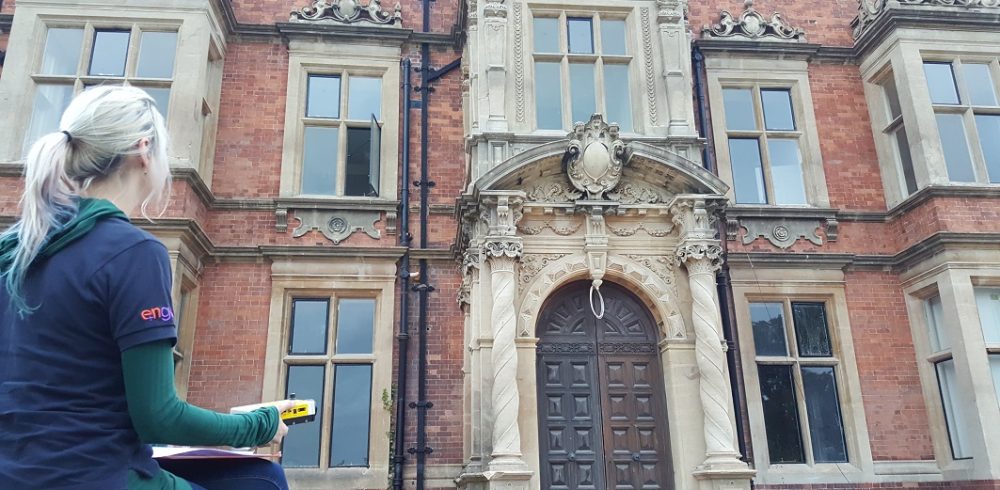An Ecological Clerk of Works (ECoW) can work with contractors to make sure work done is according to any environmental legislation and regulations, as well as being carried out in a cost-effective way.
Sometimes an ECoW is required due to planning conditions or licences protecting the land or a particular species, but whether it’s a necessity or not, contracting someone to fulfil this role will ensure your works cause the least negative impact on local habitats.
What does an ECoW do?
An ECoW is essentially your eyes and ears on site, making sure that your contractors are following the rules put in place to protect and enhance biodiversity, and any mitigations agreed during the planning process.
The main skills they need are:
- The ability to advise on the practicalities of protecting biodiversity on site
- To advise as to how you can comply with environmental legislation on a practical and site-specific level
- To ensure that biodiversity is protected to avoid delays, bad publicity, or even enforcement action and prosecution
- Manage environmental experts brought on site to monitor biodiversity or carry out other tasks such as moving protected species to another site.
The responsibility an ECoW holds means it’s important to find the right person for the job, both to ensure good relations and understanding with contractors, and to protect you, as a developer, from falling foul of regulations which could ultimately lead to legal action. It takes a good mix of practical skills and knowledge, alongside building relationships with contractors and problem-solving.
What activities can an ECoW carry out?
If involved from the planning stages of a project, an ECoW can:
- Prepare documentation for planning applications
- Give toolbox talks on site
- Carry out or organise environmental surveys
- Advise on how to look after protected species and habitats, and what action can be taken to mitigate damage or enhance habitats
- Attend and contribute to site meetings
- Keep necessary records and produce any reports needed
This can be implemented in a range of development projects, including highways and rail infrastructure, renewables, residential developments and utilities, with each presenting their own challenges.
How an ECoW can help in practice
Engain has been supporting civil engineers CML in their maintenance of the Network Rail infrastructure.
In providing an ECoW service, they ensure that all works are carried out to the applicable regulatory requirements – something particularly important when rail lines run through areas which are important for biodiversity, or the impact of works could affect habitats nearby. For example, works to shore up a bridge over a river could have an impact further downstream which aren’t immediately obvious.
Engain are also on hand to provide advice regarding the local ecology and specialist information about any trees in the area. An ECoW will also have the expertise to identify the habitats of protected species, and have the licences to be able to survey and take action to protect the animals if necessary.
How do I choose a reputable ECoW?
There is ongoing work to provide a formal qualification specifically for those acting as an ECoW. Other things to look out for include:
- An up-to-date CSCS card
- Familiarity with Health and Safety laws and best practice
- Appropriate licensing for protected species
- Experience of record-keeping and report creation
- Thorough knowledge of environmental regulation and legislation
____
For more information; call 01225 459564 or email enquiries@engain.com
Manufacturing & Engineering Magazine | The Home of Manufacturing Industry News













